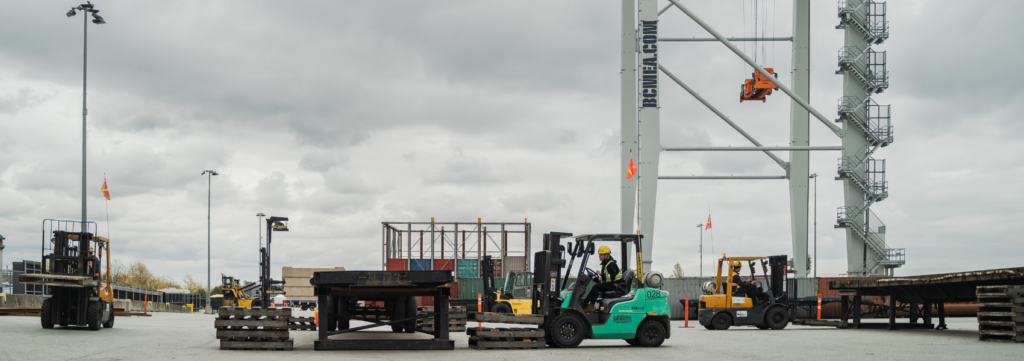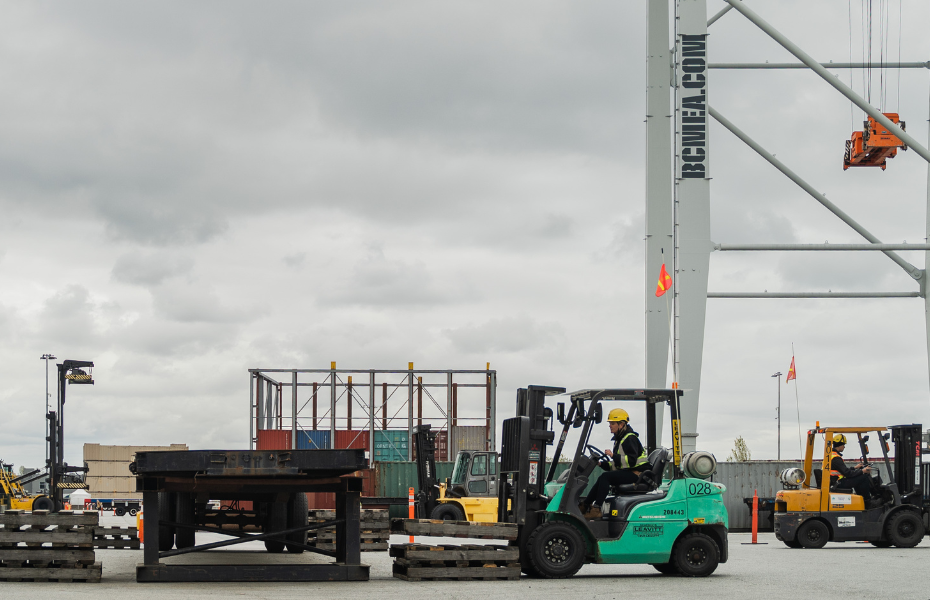
ILWU Canada needs to negotiate, no progress despite mounting economic pressures
With 32 consecutive shifts lost, on day 11 of ILWU Canada strike action, there has been estimated $8.6 billion in cargo disrupted. Canadians and Canadian businesses are ringing the alarms in real time, with:
- Over 50% of business owners belonging to the Canadian Federation of Independent Business impacted by this strike by way of missed critical sales, delayed production or orders, and inability to export products to market,
- Royal Bank of Canada warning of potential for significant downstream issues – estimating 63,000 shipping containers currently impacted, with 13 vessels to arrive in the coming days and 37 due by month-end, representing nearly a quarter million containers or $11.7 billion worth of goods backlogged, requiring over three weeks of clearance, barring any new arrivals, and
- The world’s biggest fertilizer producer, Saskatoon-based Nutrien Ltd. cutting production at Cory potash mine, citing ILWU Canada’s strike action and related offshore sale delays as one of the key factors to why core earnings are projected to fall below forecasts.
There is a growing chorus of political leaders, with Ontario Premier Doug Ford joining Alberta Premier Danielle Smith and Saskatchewan Premier Scott Moe in calling for an end to ILWU Canada’s strike action. Ford estimated that this strike is costing Ontario $160 million every day. Smith said that $12.4 billion of Alberta’s merchandise exports were shipped via Canada’s West Coast ports in 2021, and that a trade stoppage will have significant negative economic consequences and undermine Canada’s competitiveness and global reputation.
Bargaining Update
Last night, the Parties met to try to address the critical issue of maintenance work at the request of federal mediators, but regrettably, no progress was made.
In a sincere effort to break the log jam and get Canada’s West Coast ports operational, the BCMEA tabled a further revised proposal to resolve skilled trades shortages and address ILWU Canada’s demand to expand their jurisdiction over regular maintenance work on terminals.
This proposal included additional commitments that opened the door for ILWU Canada to perform new work outside of the union’s jurisdiction.
The BCMEA has continued to advance reasonable proposals and positions in good faith to solve ILWU Canada’s apparent concern with contracting the jobs they are unable to fill, yet they have not been amenable to any of them. Rather, the Union chose to table a revised proposal that took significant steps backwards, expanding on their demands, and consequently driving the Parties even further apart. The BCMEA provided a counter to try to address the union’s concerns.
We remain committed to seeking a fair and equitable agreement that recognizes the efforts and skills of the waterfront workforce and immediately restores supply chain operations as quickly as possible.
In an affordability crisis, Canadians and those that rely on our goods and exports cannot afford to wait any longer.
Last updated: July 11, 2023, 4:20 pm PT
